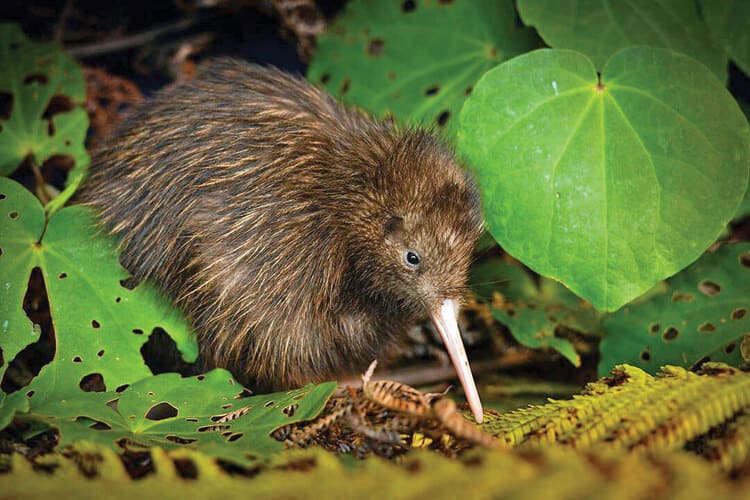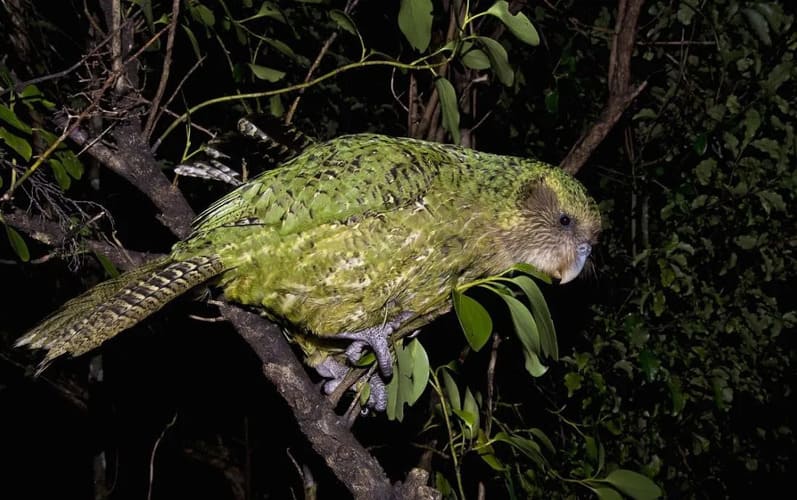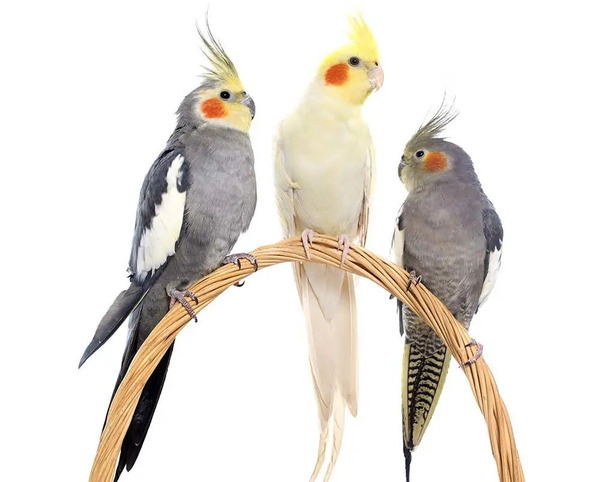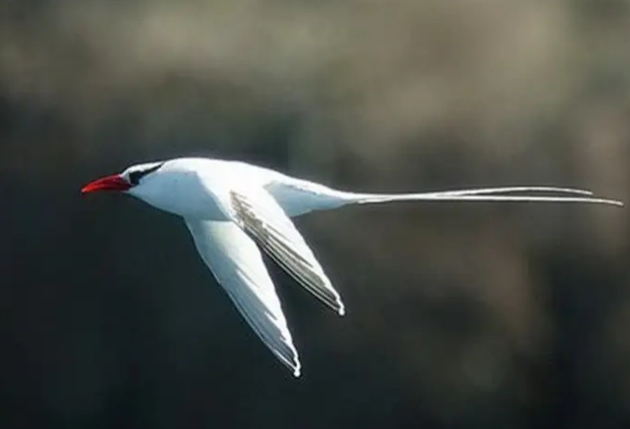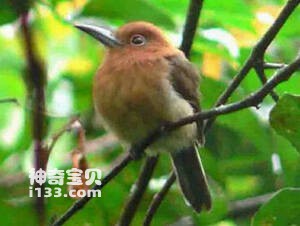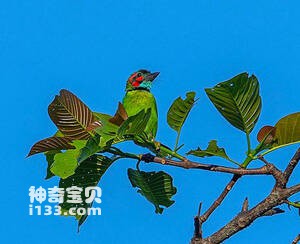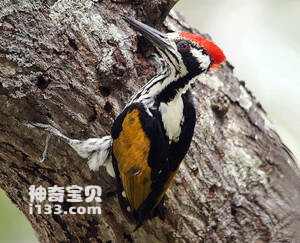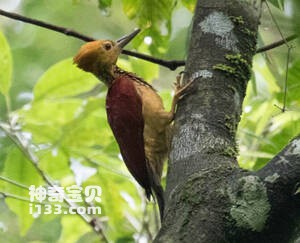Colius castanotus
IUCN
LCBasic Information
Scientific classification
- name:Colius castanotus
- Scientific Name:Colius castanotus,Red-backed Mousebird
- Outline:Climbing birds
- Family:
Vital signs
- length:29-38cm
- Weight:No textual research information is available
- lifetime:No textual research information is available
Feature
The back, especially near the tail, has orange-red feathers
Distribution and Habitat
It is found in Angola, the Democratic Republic of the Congo (DRC) and the Democratic Republic of the Congo (Burkina Faso).
Appearance
It is about 29-38cm long and has milky white or brown plumage with orange-red feathers on the back, especially near the tail. The tail feathers are extremely long, twice as long as the body length; A full crest; The beak is grayish brown; The feet are orange. Unlike the feet of other four-toed birds, its toes are extended forward so that it can grasp branches when perching; The outer toe is rolled outward to make it more agile when walking and jumping.
The red-backed mousebird usually lives in thorny bushes or jungles.
Details
The Red-backed Mousebird (Colius castanotus), like all mousebirds, is very sociable and cooperative. The staple food of green leaves and buds, but also eat nectar, fruit and seeds, they are very greedy, large and slow digestion, so the long abdomen into a bulging pot, so they used to stretch their legs into shoulder width, "hanging" on the tree. The Red-backed Mousebird (Colius castanotus), like all mousebirds, is very sociable and cooperative. The staple food of green leaves and buds, but also eat nectar, fruit and seeds, they are very greedy, large and slow digestion, so the long abdomen into a bulging pot, so they used to stretch their legs into shoulder width, "hanging" on the tree.
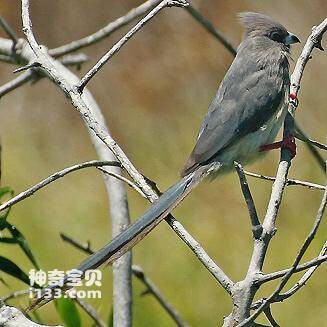
The nests of mousebirds are open-air bowl-shaped structures with thin branches, built in dense brambles a few meters above the ground, and are usually quite disorderly. In Namibia, the nests of the spotted and red-faced mousebirds are often located near wasp nests. Mousebirds usually lay two to four eggs in a litter, and the weight of their eggs as a percentage of the female's body weight is the smallest of all birds, except for the nest parasitical cuckoo. The incubation task is shared by both parents, sometimes even incubating the eggs together at the same time, and occasionally by the helper, the incubation period is 11 to 15 days. Nestlings may leave the nest before they are able to fly at the first lo days of life, but are fed a regollified plant food by various members of the family for the next four to six weeks, and surviving nestlings generally live with family members for some time after they are able to fly. Females are more likely to leave the group than males.
The species was not of concern from 1988 to 2000, but has been listed as a protected species since 2004. Listed as endangered species on the 2010 Red List of Birds of the World Conservation Union (IUCN).
Protect wild animals and eliminate wild meat.
Maintaining ecological balance is everyone's responsibility!

